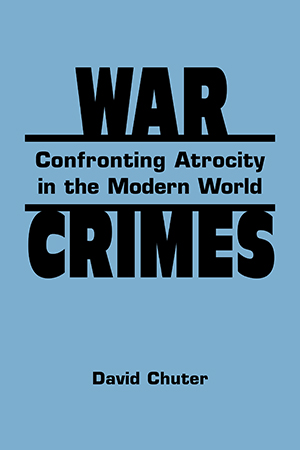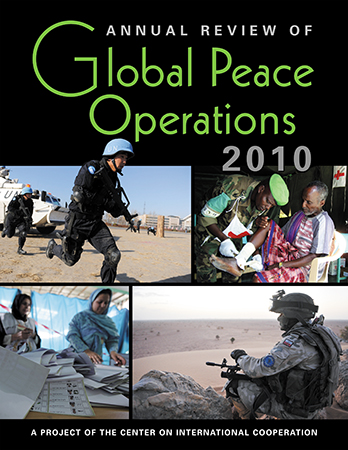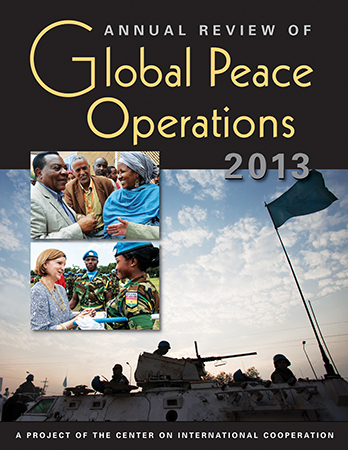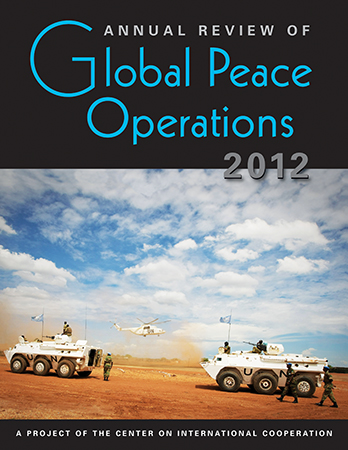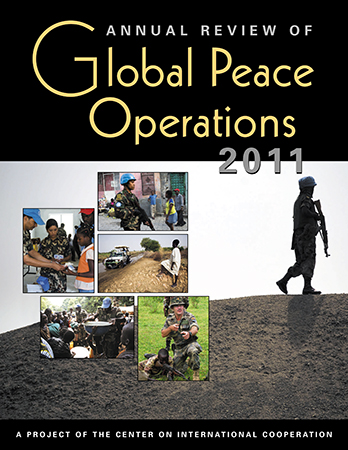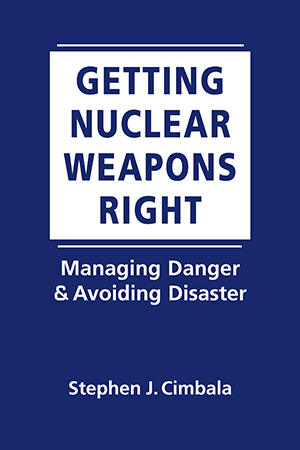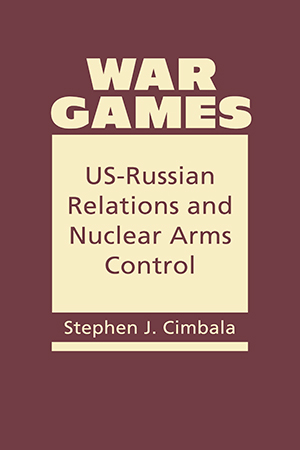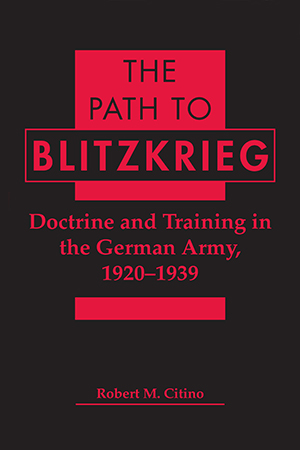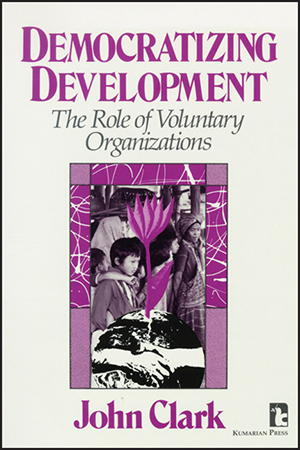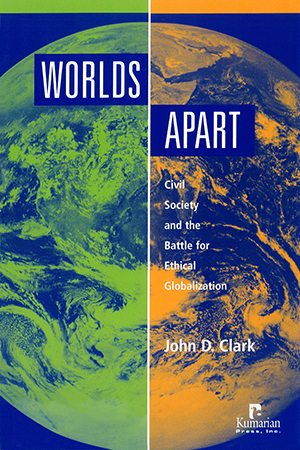BOOKS
War crimes typically are discussed in sensational terms or in the dry language of international law. In contrast, David Chuter brings clarity to this complex subject, exploring why More >
Unique in its breadth of coverage, the Annual Review of Global Peace Operations presents the most detailed collection of data on peace operations—those launched by the UN, by regional More >
The 2013 Annual Review of Global Peace Operations provides comprehensive information on all current military and—for the first time—civilian peace operations, more than 130 More >
Unique in its breadth of coverage, the Annual Review of Global Peace Operations presents the most detailed collection of data on peace operations—those launched by the UN, by regional More >
Unique in its breadth of coverage, the Annual Review of Global Peace Operations presents the most detailed collection of data on peace operations—those launched by the UN, by regional More >
Can we avoid nuclear war? Why are we more at risk today than at the end of the Cold War? Can the world powers work together to ensure international stability? Stephen Cimbala provides a More >
Does it make sense for the United States to cooperate with Russia to resolve international security issues? Is it possible for the two countries to work together to reduce the dangers More >
In 1939, the German army shocked and terrorized the world with Blitzkrieg, its form of mobilized warfare. How the Germans rebuilt their army after defeat in World War I—circumventing More >
John Clark explores increasingly important role that both Northern and Southern NGOs play in efforts to assist the poor in achieving development, democracy, and justice. More >
In Worlds Apart, John Clark shows us how the same opportunities and threats that have caused such rapid change in the economic and corporate worlds are also transforming the citizen's More >



